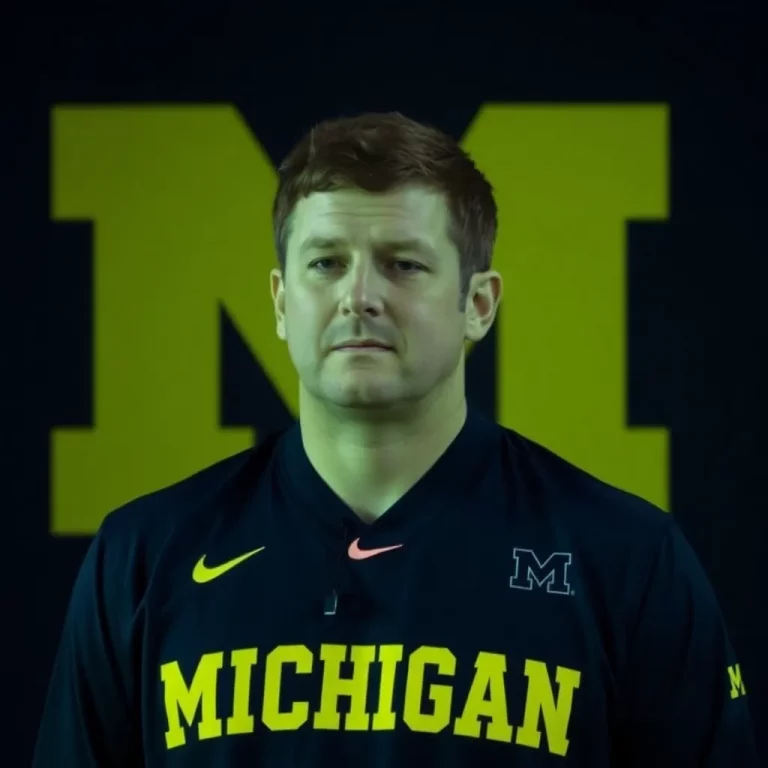Lansing, Michigan – In a significant move for college athletes, Michigan House Representative Joe Tate has introduced a bill aimed at easing the restrictions imposed by the NCAA on name, image, and likeness (NIL) payments to college athletes. The bill, known as HB 4643, was presented on June 12 and seeks to limit the control the NCAA, athletic conferences, and universities have over student-athletes aiming to profit from their NIL rights.
Tate, an alum of Michigan State University (MSU) where he played as a defensive lineman from 2000 to 2003, emphasized the need for this legislation during his announcement. “There are conflicts with the Michigan statute that we have on the books allowing student-athletes to take advantage of their name, image, and likeness while they are at the university,” he stated. He added that the current rules can restrict a student-athlete’s ability to fully capitalize on their name and image.
The push for this bill comes in the wake of a recent settlement in the House v. NCAA case, which allows athletic departments to pay student-athletes directly. This ruling, however, is seen as a limitation for athletes, as it restricts third parties from compensating them, something Tate’s new legislation would rectify. By enabling athletes and third parties to evaluate a “fair market value” for their NIL rights, the bill aims to create a more favorable environment for college sports in Michigan.
There is growing tension between the NCAA and several states, as the NCAA is urging major conferences, like the Big Ten, to adhere to its rules, which may conflict with state laws. Industry leaders suggest that Congress needs to step in to clarify regulations regarding student-athletes and their NIL compensation.
Advocates for the bill, including Dr. Tom Dieters, the president of Charitable Gift America, argue that it would allow athletes to earn money without unnecessary restrictions from their universities or the NCAA. “The new NCAA rules… put a cap on compensation,” Dieters pointed out.
MSU tennis player Ozan Baris also voiced his support, saying that the bill would remove uncertainty within the NIL space and enhance opportunities for athletes. “It gives me that place where I can play tennis and not have to worry about the financial stress,” he noted.
Tate is motivated by his own experiences as a student-athlete and believes that these athletes deserve the same rights as other students. He shared, “I know the dedication, sacrifices, and challenges that come with balancing academics, athletics, and personal growth.” Observers, including Ramogi Huma from the National College Players Association, predict that this bill could enhance recruiting efforts for universities in Michigan, as athletes may prefer schools where they are free to fully utilize their NIL opportunities.
As this legislation unfolds, the future of NIL compensation for student-athletes in Michigan remains a topic of considerable importance.


